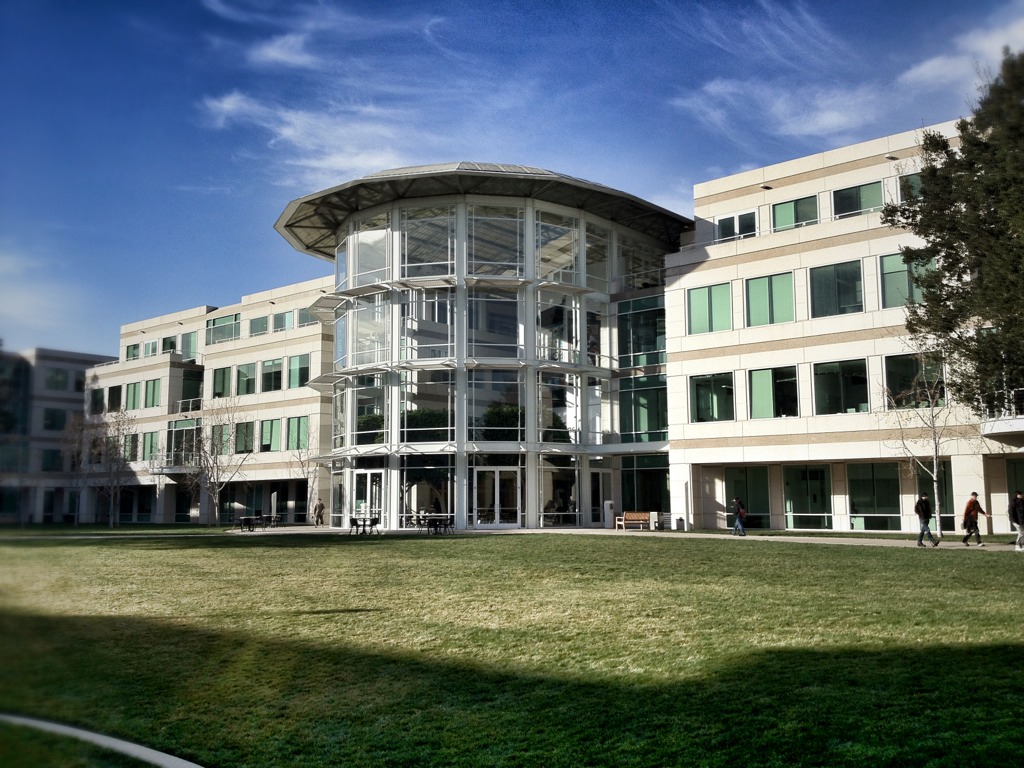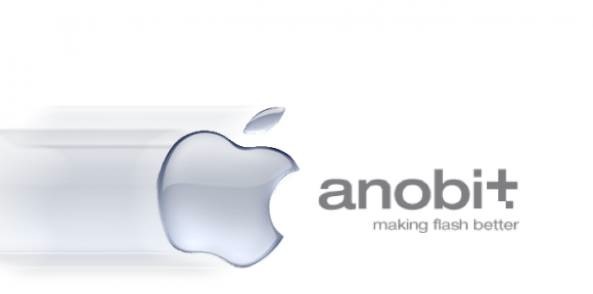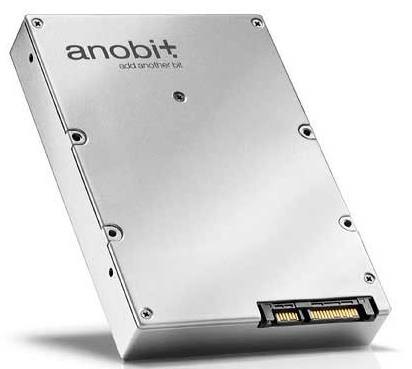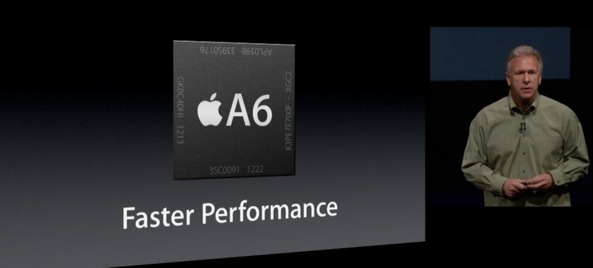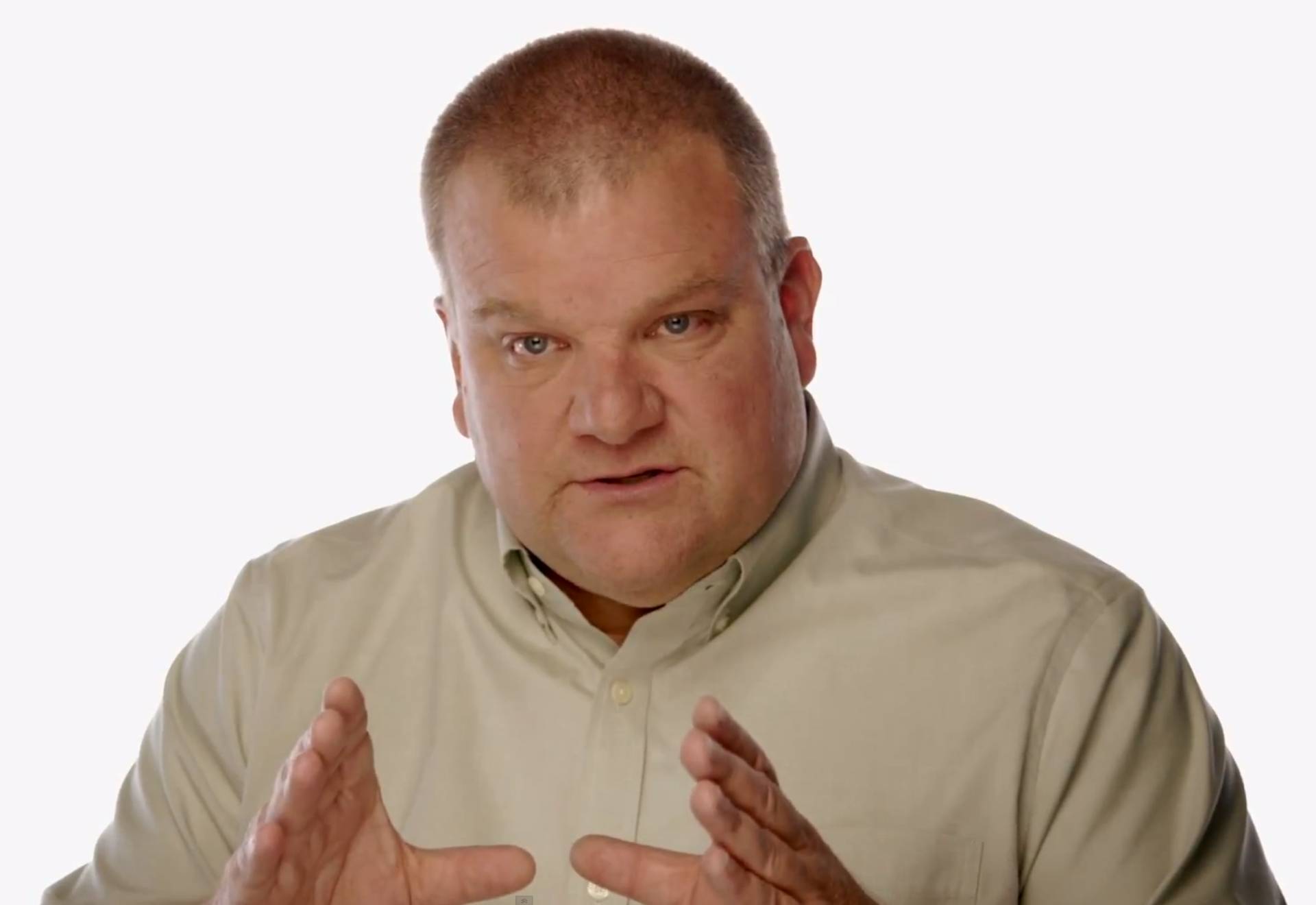Apple snapped up Israeli startup Anobit, a fabless designer of flash memory controllers, in December 2011 for a reported $390 million. It was a typical acqui-hire, a talent-related acquisition, that brought Anobit’s engineers under Apple’s wing to improve the efficiency of flash storage in its products.
For the first time since the transaction, former Anobit CEO Ariel Maislos, who left Apple last month for personal reasons, has shared a few juicy details on what it’s like to be working for the man and how Apple goes about its engineering process…
Writer David Shamah of ZDNet sat down with Ariel to talk Apple and the differences between the iPhone maker and chip giant Intel. “They say that Intel is full of paranoids”, he says, “but at Apple, ‘they’ really are after you”.
I guess by ‘they’ he means the Apple Gestapo, an internal swat team of sorts that spies on employees and raids their computers randomly to find who’s leaking confidential information to the press.
Ariel founded Anobit along with three other engineers. It took the four men a year and a half “to figure out the solutions” that promise to extend the lifespan of flash storage used in consumer electronics. And no, they didn’t sell out to Apple just because they were looking for a particular landmark or exit – the founders had enough money to keep feeding the monster.
Instead, he says, they had already had a close working relationship with Apple so the co-operation gradually progressed up to the point where the two companies started talking about a potential acqui-hire.
When you are working in the flash memory industry, it’s kind of hard not to come across Apple at some point, as a partner or a customer – and they were a very big customer. We developed a very good relationship with them, and a mutual appreciation developed between both companies.
But make no mistake, working for the man presented an entirely new set of challenges:
At Apple, you have to run ahead just to stay in place, and there are very high expectations of everyone. Apple expects everything you do to be amazing.
Contrast this to Intel, an early investor in Anobit, where engineers are given assignments and are “rewarded for ingenuity”. At Apple, on the other hand, engineers “will be at the top of their game”.
That is not the case at Intel, where no one expects you to be ‘amazing’. At Apple, on the other hand, no one can imagine a future in which the company fails.
He suspects Apple’s near-death experience in the late 1990s is still defining its corporate culture today.
“It’s a company that is extremely focused on its goals”, he says. “Working there was an amazing experience”.
The results of these cultural differences are painfully obvious.
While Intel is struggling in mobile, Apple came out of nowhere to design its own mobile chips. Apple’s A-series of processors marry CPU blueprints from ARM Holdings to graphics technology from Imagination Technologies, both UK-based fabless semiconductor makers.
But Apple isn’t resting on its laurels.
As part of the recent management shake-up, CEO Tim Cook gave members of the leadership team broader responsibilities. Un-retired SVP Bob Mansfield,who previously headed only Mac engineering, has been assigned to lead a newly formed group called Technologies, which combines all of Apple’s wireless and semiconductor teams across the company in one organization.
According to Apple, its semiconductor arm has “ambitious plans for the future” and if Bloomberg is right, Mansfield in his new capacity is now researching as we speak whether Apple could replace in a few years time Intel’s chips with Apple-branded processors for Macs.
One thing is certain, though.
Apple’s been actively seeking and acquiring fabless chip makers for some time and now has more than a thousand chip experts working on site. It’ll be interesting seeing whether Cook & Co. stop there or tap Apple’s $120+ billion cash hoard to invest in expensive chip fabrication facilities.
It would be a risky gamble that might cost the company dearly.
Should it succeed, Apple will, like Samsung, be able to customize the engine powering iPhones and iPads to a much greater extent than possible today.
